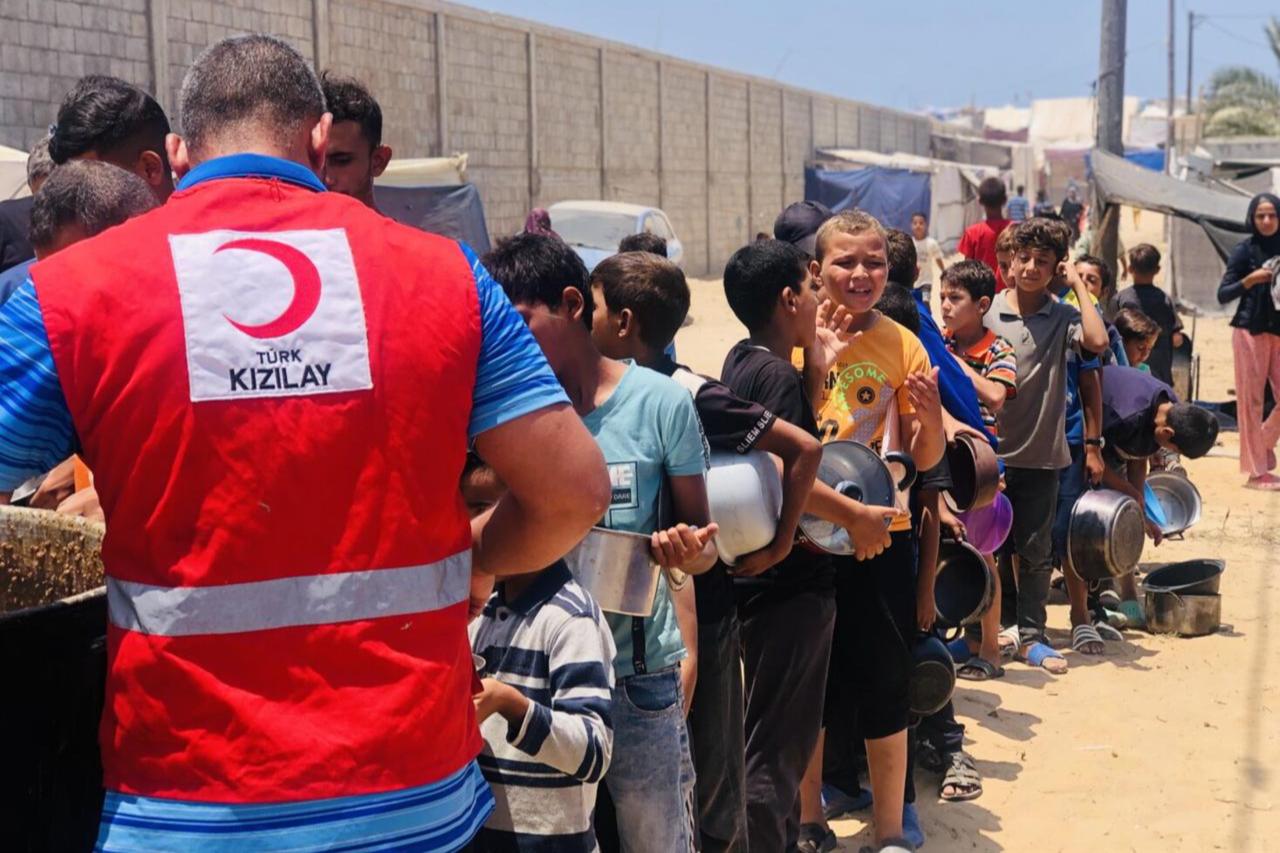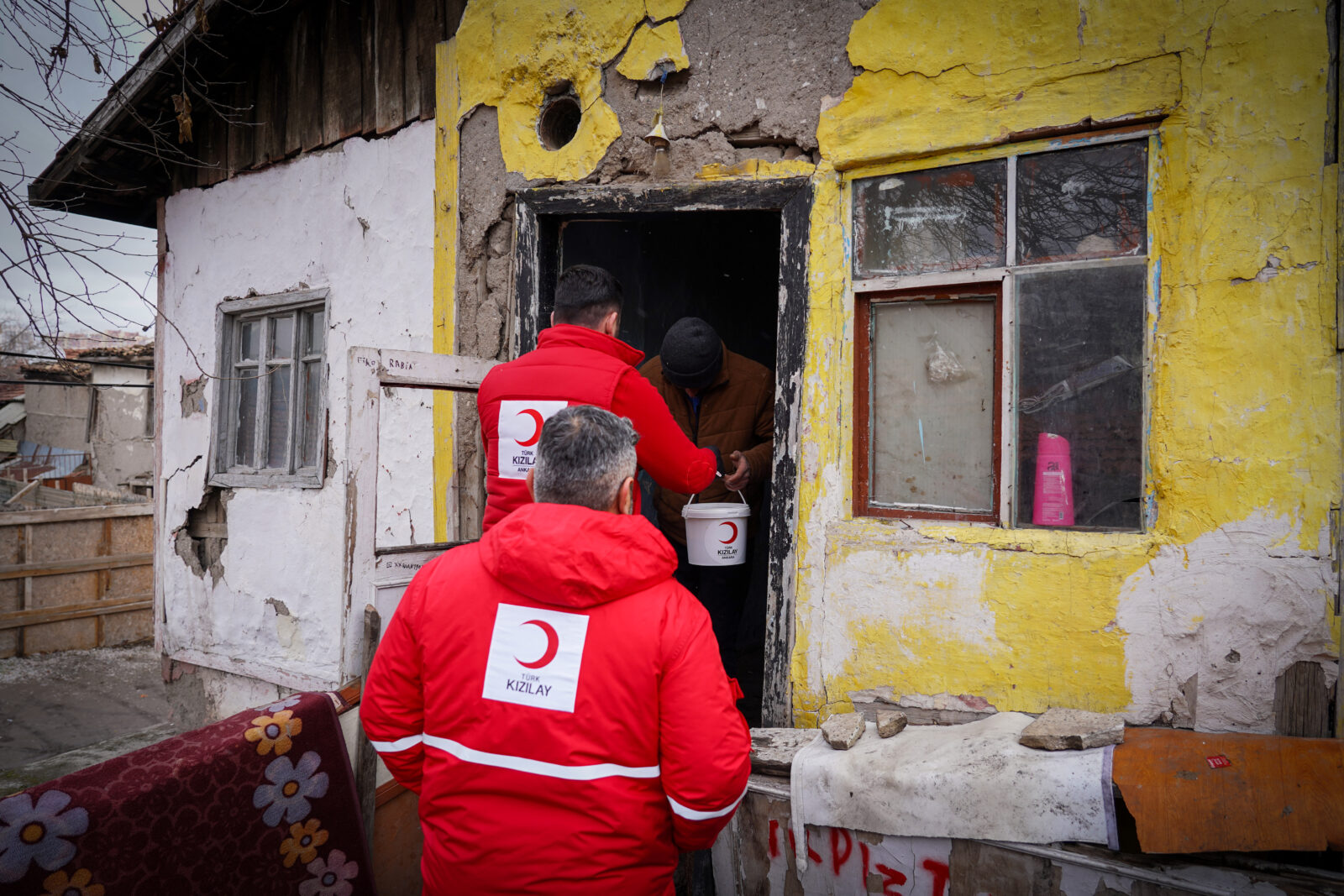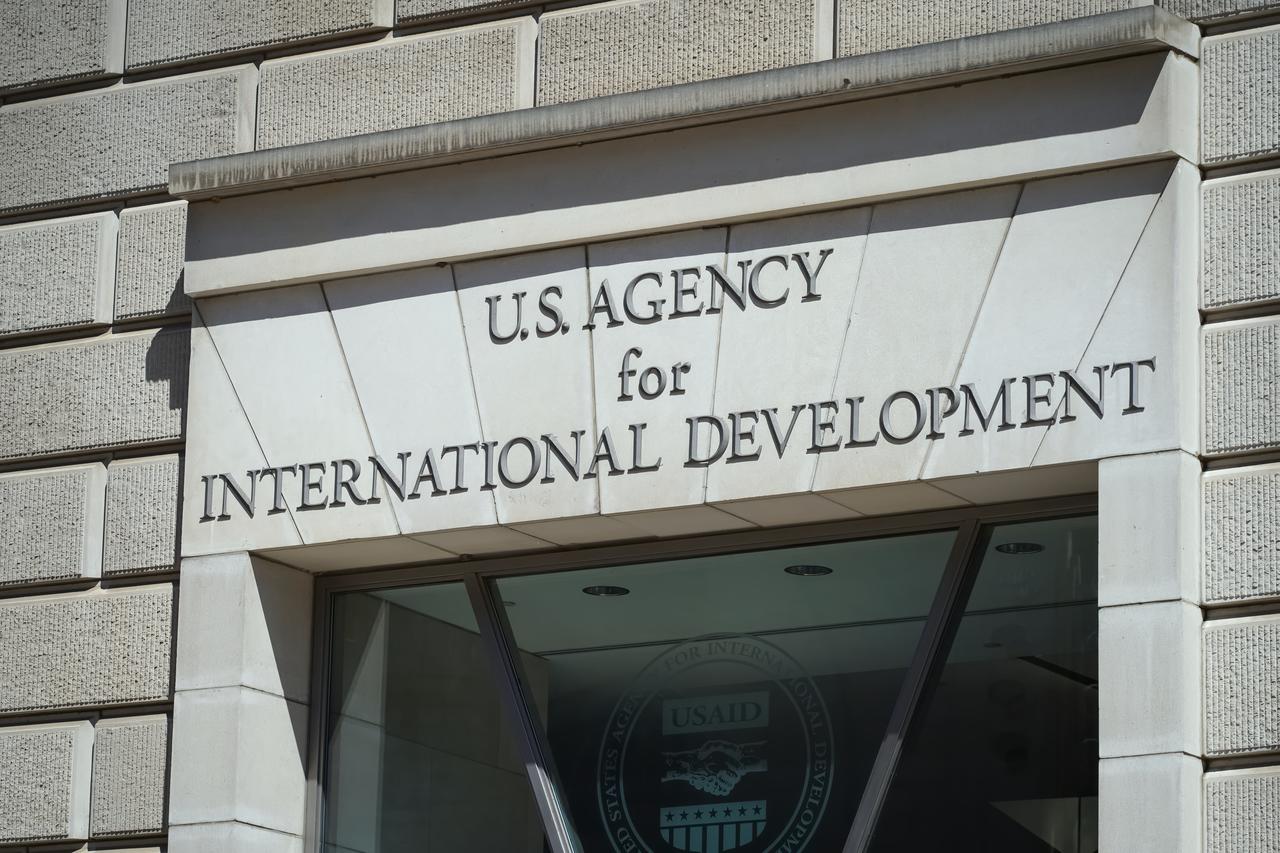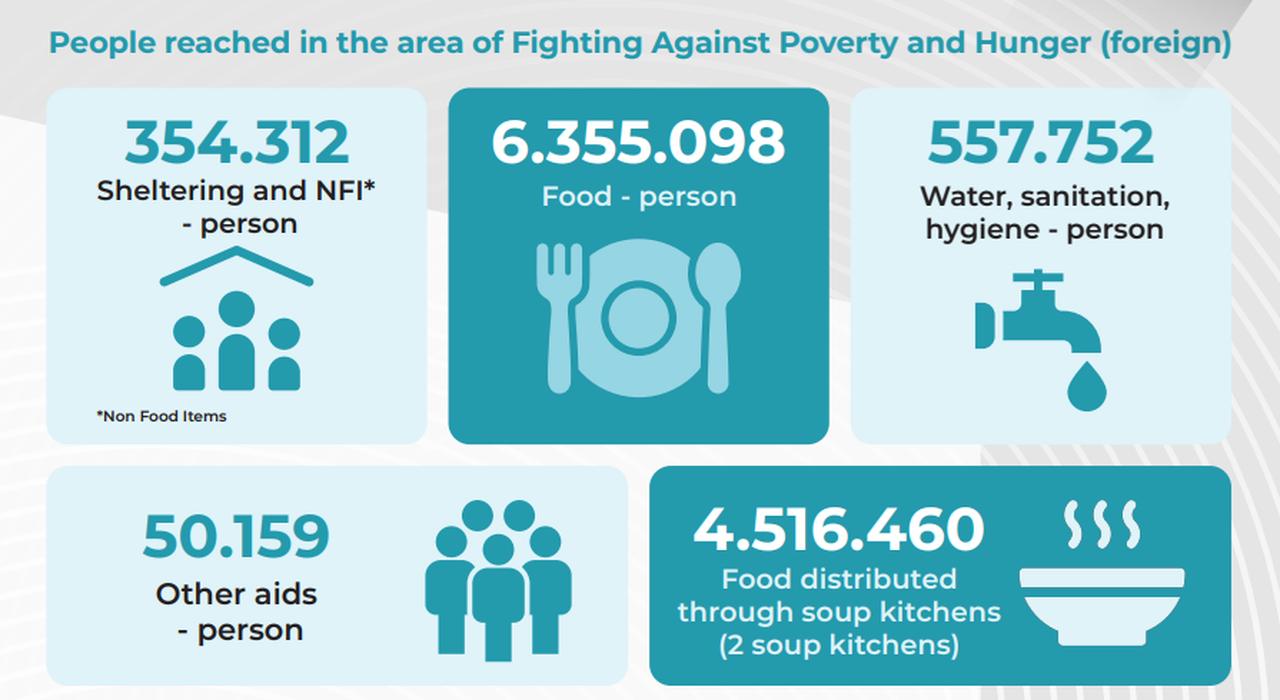
U.S. President Donald Trump’s decision to dismantle the U.S. Agency for International Development (USAID) is having drastic effects in impoverished nations, as many aid programs have been shut down.
USAID’s absence creates a gap that no single nation or aid agency can easily fill. Projects undertaken by the U.S. agency are geographically diverse, encompassing solar power projects in Lebanon, youth programs in Colombia, and food assistance programs in impoverished African nations, among numerous other initiatives. According to a study published in The Lancet, the closure of USAID will lead to 2.4 million preventable deaths every year.
According to a Turkish official familiar with the Red Crescent’s (Kizilay) operations, USAID cuts will not affect the institution, as there are no programs partnered with USAID, except for a financial aid program for Syrian refugees funded by the United Nations, in which American funds are involved to a small extent.

Türkiye’s Red Crescent is one of the aid organizations with the largest reach and logistics infrastructure. It operates multiple profitable companies in Türkiye, through which the organization generates sustainable income. In 2024, the organization reported a total income of ₺32.33 billion, including ₺8.93 billion from commercial operations, such as Kizilay Yatirim and its subsidiary Kizilay Icecek, one of Türkiye’s leading sparkling mineral water producers.
The official notes that while the budget gap caused by USAID’s closure is almost impossible to fill, Turkish Red Crescent’s partnerships with Gulf-based organizations—such as the Qatar Foundation and Kuwait’s Humanitarian Support Agency—may provide relief for impoverished nations in dire need of help. The Red Crescent’s developed infrastructure and logistics in countries such as Somalia would play a significantly positive role. The official highlights that one aid program in Somalia had to shut down its operations due to Trump’s USAID cuts.
To provide some examples of USAID’s spending: according to official figures, the U.S. spent $329 million in Lebanon and $400 million in Colombia on youth, gender equality, and other programs. While the Trump administration viewed these figures as outrageous, former U.S. Presidents George W. Bush and Barack Obama publicly criticized the decision, with the latter labeling it a “travesty.”

Türkiye’s Red Crescent has run disaster operations in 78 countries over the past decade in response to natural and human-induced crises. In 2024 alone, it provided humanitarian assistance in 41 countries, reaching 11.8 million people with food, shelter, hygiene, and other forms of aid. This includes food support to 6.3 million people, shelter for 354,000, and clean water and sanitation services for over 557,000 individuals, particularly in low-income countries such as Somalia, Yemen, Pakistan, and Bangladesh.
Alongside organizations such as the Turkish Cooperation and Coordination Agency (TIKA), Türkiye is among the nations providing aid to impoverished countries through a wide range of projects, including food aid, irrigation, cultural preservation, and energy projects.

According to U.S. media reports, China is moving swiftly to fill the gap left by significant U.S. foreign aid reductions. An official Senate-backed report highlights that Beijing has overtaken Washington as the largest bilateral donor in approximately 40 countries. It has stepped into sectors from food security to health care that were previously underwritten by USAID.
U.S. lawmakers and national security experts warn that these cuts diminish America’s soft power and undermine democratic governance abroad, creating a geopolitical vacuum that China is happy to occupy. Meanwhile, Russia has announced plans to establish its own USAID-style development agency to boost global influence—mirroring U.S. foreign aid structures, though Moscow frames it as a modest competitor rather than a direct rival.
U.S. concerns are mounting that both adversaries are capitalizing on American disengagement, with China offering humanitarian and infrastructure support and Russia building legal frameworks to expand its overseas assistance. Washington emphasizes that these shifts threaten U.S. credibility and strategic posture, urging Congress to restore strong foreign aid funding to remain competitive globally.